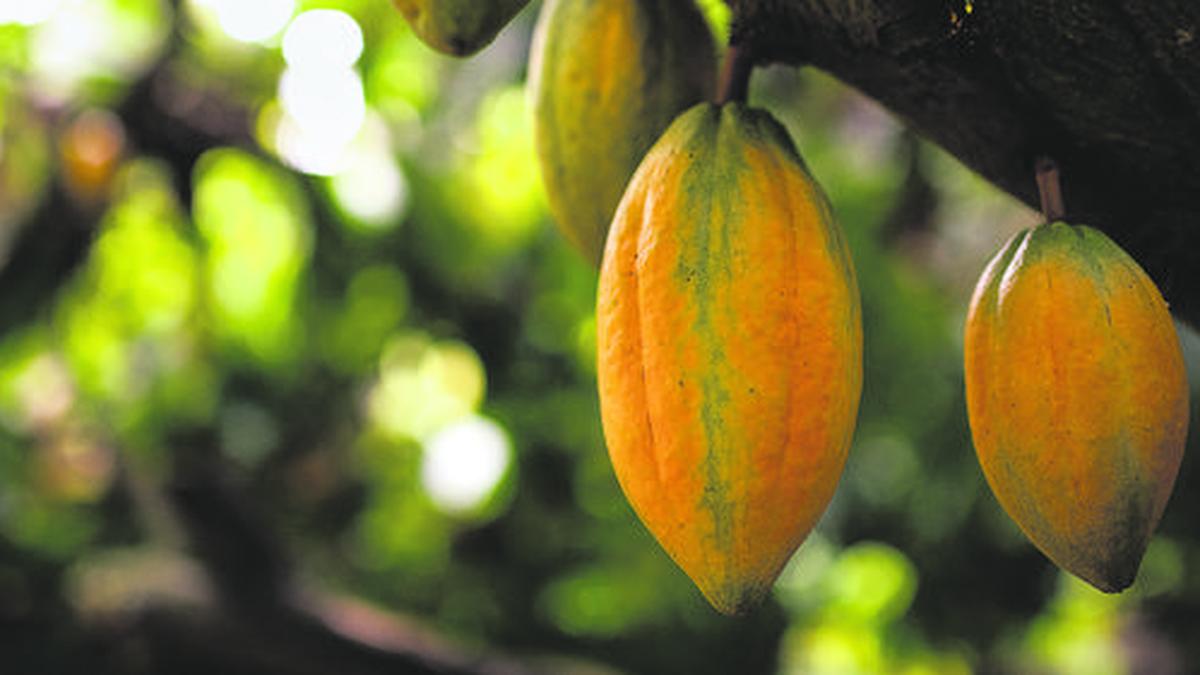The chocolate industry is on the verge of a significant transformation due to the increasing pressures from climate change, deforestation, and supply chain issues. Researchers are exploring lab-grown cocoa as a potential solution to these challenges.
What is Lab-Grown Cocoa?
Lab-grown cocoa is developed using advanced biotechnology. This method involves cultivating cocoa cells in a controlled environment, providing an alternative to traditional cocoa farming.
Benefits of Lab-Grown Cocoa:
- Sustainability: Reduces environmental impact associated with conventional cocoa cultivation.
- Resource Efficiency: Minimizes land use and pesticide application.
- Supply Stability: Offers a more resilient supply chain against diseases and market fluctuations.
Challenges Facing Lab-Grown Cocoa
Despite its potential, lab-grown cocoa faces several hurdles:
- Technology Development: The technology is still in its early stages.
- Scaling Production: Meeting global demand will be a significant challenge.
- Consumer Acceptance: Questions remain about how consumers will react to lab-grown cocoa.
- Cost: Comparing the cost of lab-grown cocoa with traditional methods is yet to be fully understood.
The Future Outlook
As research and development progress, the chocolate industry is closely monitoring lab-grown cocoa. If successful, this technology could revolutionize the future of chocolate and set a precedent for other food products.
Multiple-Choice Questions (MCQs):
- What is the primary benefit of lab-grown cocoa over traditional cocoa farming?
- A) Increased use of land
- B) Reduced pesticide application
- C) Higher environmental impact
- D) Lower cost of production
- Which of the following is a challenge facing lab-grown cocoa technology?
- A) High consumer acceptance
- B) Low production costs
- C) Scaling up production
- D) Increased land use
- What potential advantage does lab-grown cocoa offer in terms of supply stability?
- A) It stabilizes supply against diseases affecting cocoa plants.
- B) It increases the cost of cocoa.
- C) It reduces the global demand for chocolate.
- D) It requires more land for cultivation.
- What is one major concern about the future of lab-grown cocoa?
- A) High consumer acceptance
- B) Minimal environmental impact
- C) Technology still in early stages
- D) Excessive land use
- How might successful development of lab-grown cocoa impact the future of chocolate production?
- A) It could lead to increased deforestation.
- B) It could revolutionize chocolate production and set a precedent for other food products.
- C) It would likely decrease the demand for chocolate.
- D) It would make traditional cocoa farming more sustainable.
